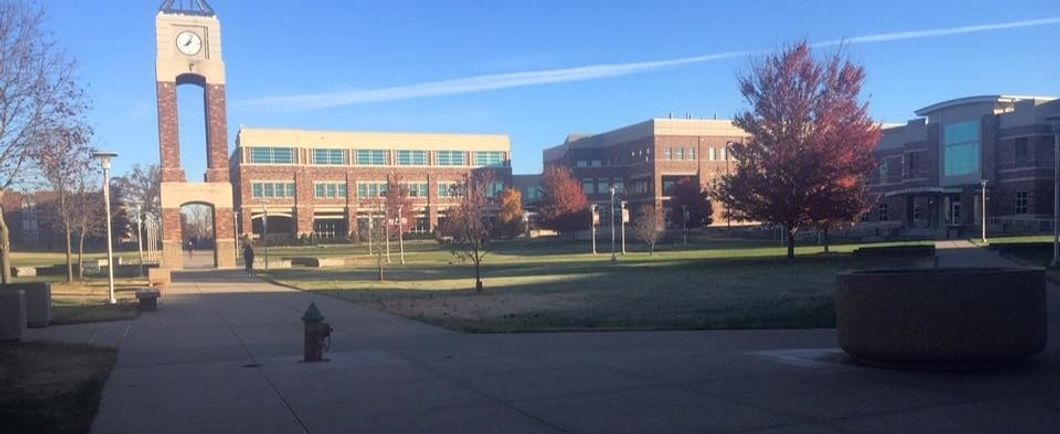As college students, it can be easy to feel like we don't have a say in policies and procedures on our own campus. When we feel like something was handled in an incorrect way, we are at a loss. We don't know what to do. Last week I wrote an article titled "We've Got To Do Better For Our Sexual Assault Victims". This week, after listening to students on my campus, I wanted to write about how we could do better.
1. Support Organizations Who Support Victims
I get it, we are college students, we don't always have money to pour into organizations. Supporting organizations does not always mean giving them money.
It means volunteering your time, going to their events, and sharing their events on Facebook even when you can't go. There is a lot of different ways to support an organization; it does not always have to be money. It is about getting the word out about an organization you believe in.
2. Show Up
When you show up, you put words to your actions. If you believe something is wrong, show up to campus and community events that tackle sexual assault. It is a way to learn more information and when you show up to these events, it is like saying, that it is an issue and you desire change.
When events surrounding topics do not get a good turn out, it says that not enough people believe in the event or that there is an issue. So, why would anyone want to put on event that others don't believe in? So, show up when you can.
3. Make Your Voice Heard
Email. Email. Email. Write to people with the authority to change things. As students, we can only do so much. We are not yet in positions of authority to change the way things are handled.
We get to be the voice that sparks change, but only if we all speak out. Letting administration know your concerns is a great first step.
Things will not change overnight. Look into the Sexual Misconduct policy, draft an email to the Title IX coordinator at your school, and express the concerns you have and ask questions. This also includes emailing and writing your elected officials and letting them know your concerns.
4. Call Out Problematic Behavior
People don't just wake up one day and think, "I'm gonna assault someone." It is a slow process, but it is not invisible. When you get that gut feeling in your stomach that something is not right, you need to listen to it. You need to speak up. He/she may be your friend, but that doesn't mean that they get a free pass to ruin someone's life.
5. Be A Friend
Sometimes the most effective thing anyone can do for someone is being a friend; saying "I love you" and "I believe you" does so much for someone who has been victimized. It reassures them that if they report that there are people who will believe them; that they are not in this alone. It is so easy to feel isolated and not taken seriously. When you don't support your friend, you send a message. What that person thinks is, "My own friends won't believe me. Why would anyone else?"
6. Be An Advocate
Advocating for victims does not always mean that there is a personal connection; there can be, but there does not always have to be one. You can be advocating simply because you do not like what is happening. Being an advocate encompasses all of the above. It means being a friend, supporting organizations, speaking out, showing up, and calling out problematic behavior. It is all of those things and more.
At the end of the day, sexual assault on college campuses is not going to get fixed because some girl decided she was going to write an article about it; it won't even fix sexual assaults on my campus. It takes everyone coming together and everyone showing initiative for things to change.

















